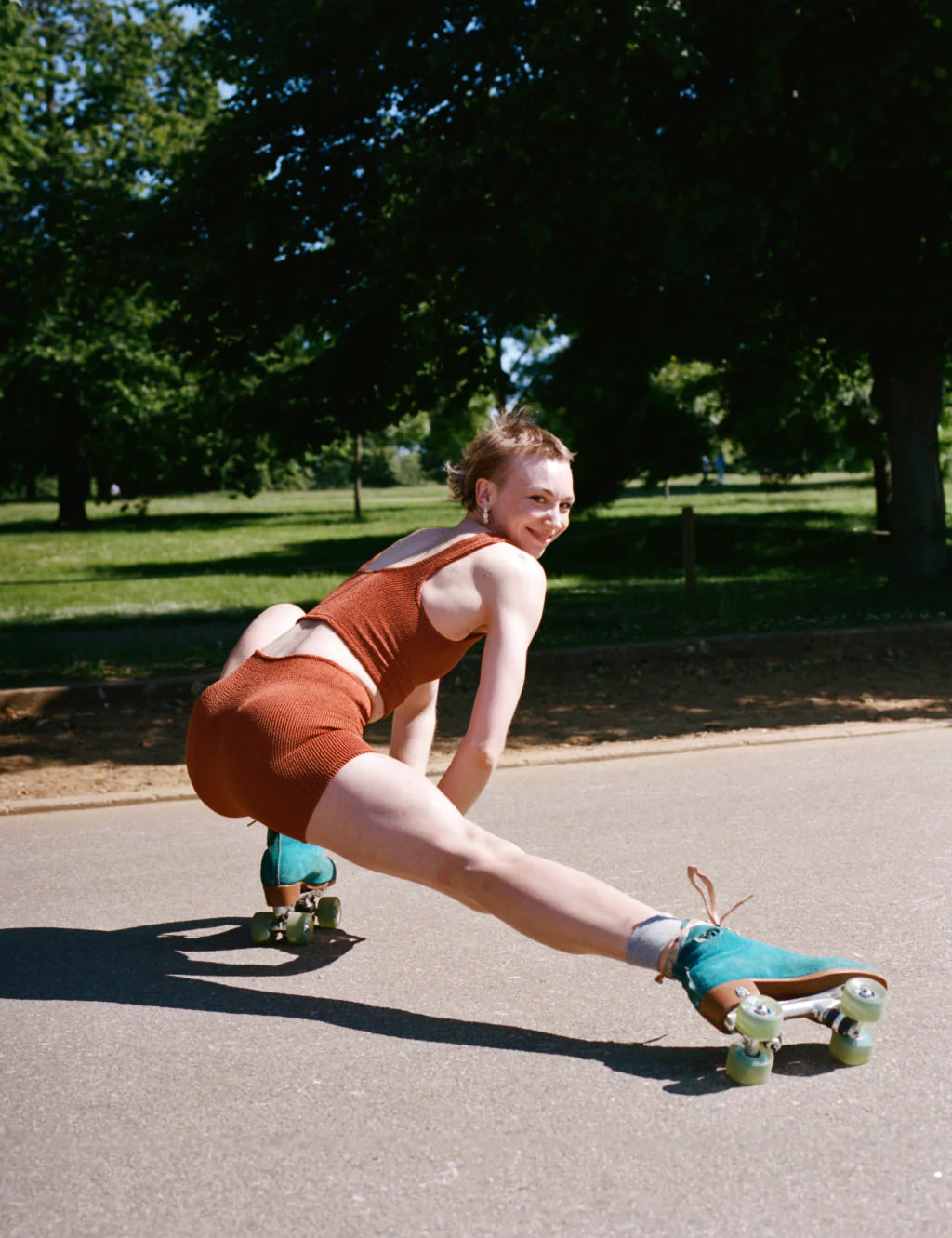We spoke to Jaz O’Hara, founder of The Worldwide Tribe, whose work is dedicated to supporting refugees and highlighting the humanity behind world issues. The compassionate human rights defender inspires societal change using her voice to help others feel heard.
Jaz tells us what inspired her to start The Worldwide Tribe and the importance of an international global community, and – above all – shows us what it means to be human.
Tell us about yourself and what you do
I’m Jaz, I’m from London, and I’m the founder of The Worldwide Tribe — an organisation and online community supporting refugees and asylum seekers globally. I’m a podcaster, writer, public speaker, filmmaker and all-round storyteller with a focus on migration.
My work is dedicated to challenging the fear-based narrative of today’s media and society when it comes to migration - and we do this through humanising this huge topic. I’m lucky enough to have worked all over the world (pre-covid) and met heroic, incredible people with mind-blowing stories that all too often continue to go unheard. I truly believe that amplifying these voices is the key to changing perceptions and encouraging us to come together as one Worldwide Tribe.


